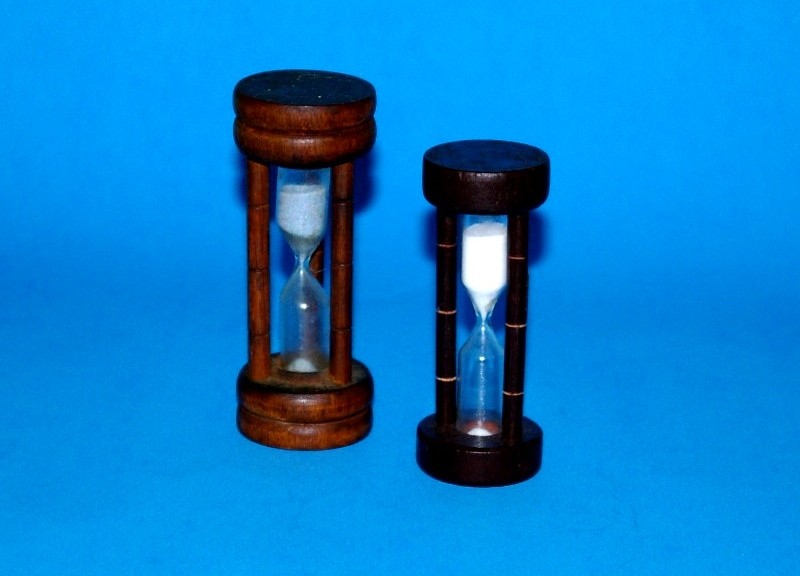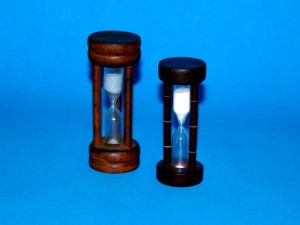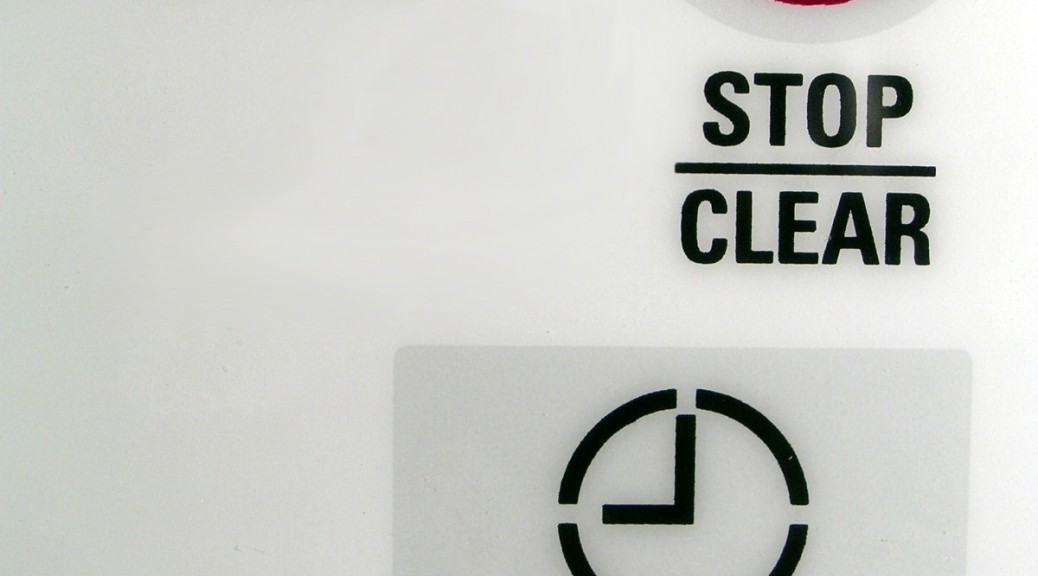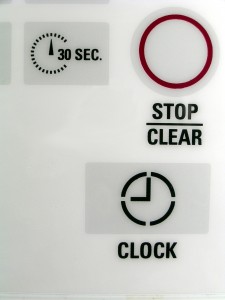 There is likely nothing in this life that affects our success as much as our ability to manage our time wisely. It affects our success in the workplace, with our spouses and kids, and it largely determines how we are seen and perceived by others.
There is likely nothing in this life that affects our success as much as our ability to manage our time wisely. It affects our success in the workplace, with our spouses and kids, and it largely determines how we are seen and perceived by others.
It is imperative that we learn how to control our use of the time that we have if we want to see success in our lives.
One of the first steps in getting where we want to be is to know where we want to be. We must have some clear goals that spell out our desired destination in detail. Once we have a desired outcome in mind, the following steps can help us to arrive where we want to be… and get there on time.
Use a To Do List
Researchers say that over 70% of successful business professionals use a to-do list on a daily basis for the tasks that have to be done each day. Only 5% of those same people use a to-do list for everything in their lives, including the non essential activities in their lives.
A to-do list not only includes a list of things that need to be done, but is should also give a priority to the things that are more important. The most important things should somehow be moved to the beginning of the list.
A good time manager will spend time each day in both planning and in evaluation. A list should be made before starting each day but it must be evaluated at the end of the day to see what was accomplished and what is left to do.
Planning Ahead
The statistics vary, but in general, one hour of planning can save you somewhere between five and ten hours of doing. Planning makes us more efficient in the things that we do.
Don’t get in such a hurry to get started on a project that you don’t take time to plan out the most efficient method to make it happen. Be sure to account for all project needs and for how to handle unforeseen needs that may changes to the plan. In other words, have a plan “B” in mind as well and it will save you time in the end.
As you begin to use a to do list and to plan ahead, you will find that most activities will automatically spread themselves into whatever time was allotted for them to happen. If we plan only one project or activity in a day, we find that the project will take up the day. However, if we plan that same activity and another one for the day, we usually find that both projects can be accomplished in the same day. Be reasonable as you plan, but failing to plan enough projects can lead to wasted time as well.
Using a to-do list and planning ahead to use our time to maximum efficiency both take some practice. It takes doing them over and over to make them a regular part of who we are. The old, inefficient “you” has been around for a long time. Give the new, more efficient “you” some time to get established. Don’t give up and throw the whole plan out when you experience a failure. Determine to learn from your mistakes and to do better going forward.
You will find that over time and with practice, using your time to better advantage will become a new habit.



 There is one of those unwritten laws or rules of the universe called the 80/20 rule. It states that 20 percent of our efforts will produce 80 percent of our results.
There is one of those unwritten laws or rules of the universe called the 80/20 rule. It states that 20 percent of our efforts will produce 80 percent of our results.
 It is a fact that we all have the same 24 hours in a day and the same 168 hours in a week. Why then is it that some of us struggle to get things done while others seem to have all of the free time that they want?
It is a fact that we all have the same 24 hours in a day and the same 168 hours in a week. Why then is it that some of us struggle to get things done while others seem to have all of the free time that they want?